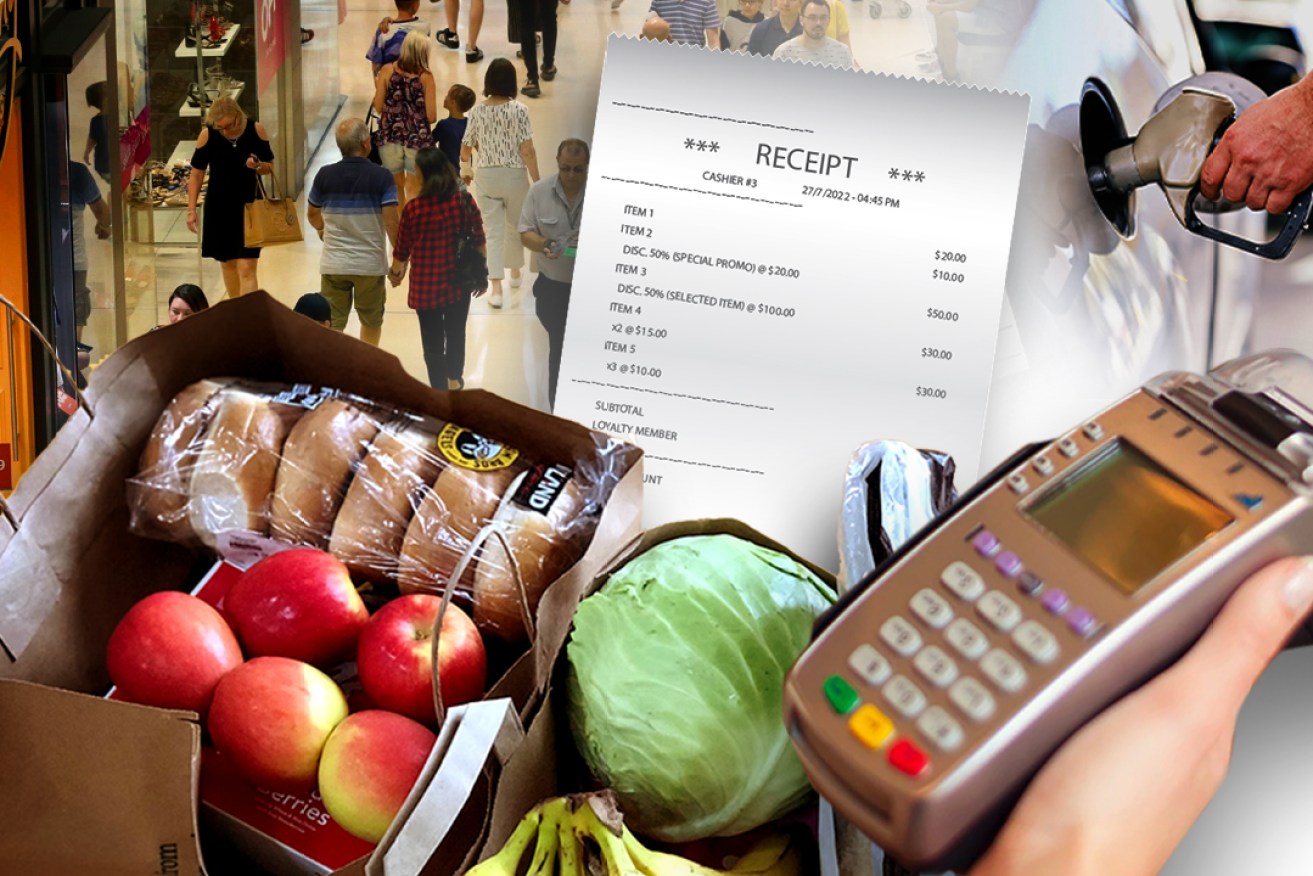Big corporate profits fuelling inflation: study
Soaring corporate profits are a core driver of the inflation forcing up interest rates and there’s scant evidence of a wage-price spiral in the Australian economy, according to a new study.

Image: Tom Aldahn/InDaily
Analysis by the Australia Institute’s Centre for Future Work reveals businesses have bolstered prices well above elevated expenses for labour, materials and other inputs and contributed much more to inflation than wages.
The inflation rate hit 7.8 per cent in the December quarter, with surging inflation prompting nine interest rate rises from the Reserve Bank to take demand out of the economy.
But the research from the think tank’s Jim Stanford found inflation would still be within the RBA’s target band of two to three per cent if Australian firms weren’t making excess profits for goods and services.
“Australian Bureau of Statistics data shows that without excess price hikes through the pandemic, inflation would likely be within the RBA target band, and hence there would be no need for the nine extreme, back-to-back interest rate rises that are crushing households and mortgage holders, fuelling the cost-of-living crisis,” Dr Stanford said.
The analysis comes as major Australian airlines, supermarkets, banks, gas and petrol and other companies post strong half-yearly profits.
The fresh research found the excess expansion of profits per unit of production accounts for around 70 per cent of the acceleration in inflation beyond the RBA’s target range.
Growth in wages bills above normal levels has accounted for only 18 per cent of the acceleration in inflation.
During the pandemic recovery, mining and petroleum profits have led the surge in profits due to the war in Ukraine, but the research shows all corporates – including small businesses – enjoyed strong profit growth between March 2021 and June 2022.
Australian Council of Trade Unions secretary Sally McManus said wage growth was clearly not contributing to inflation and urged big companies to drop their prices and moderate their profit expectations.
Official wage data showed wages growing by 3.3 per cent in the December quarter, amounting to a 4.5 per cent gap between inflation and wage growth.
“Supermarkets and big business are putting prices up more than they need to, and workers are feeling the pain,” she said.
McManus said big companies know people have no other choice but to pay the prices set for essentials such as energy and groceries.
Dr Stanford also said the findings contradicted the narrative of a dangerous wage-price spiral fuelling inflation.
RBA governor Philip Lowe has warned about the unlikely but disastrous consequences of a wage-price spiral, which is where increasing prices drive wages higher which in turn pushes prices higher again.
In his statement accompanying the February interest rate decision, he noted the importance of avoiding a “prices-wages spiral” and said the RBA board would pay close attention to both labour costs and the price-setting behaviour of firms.
-with AAP




